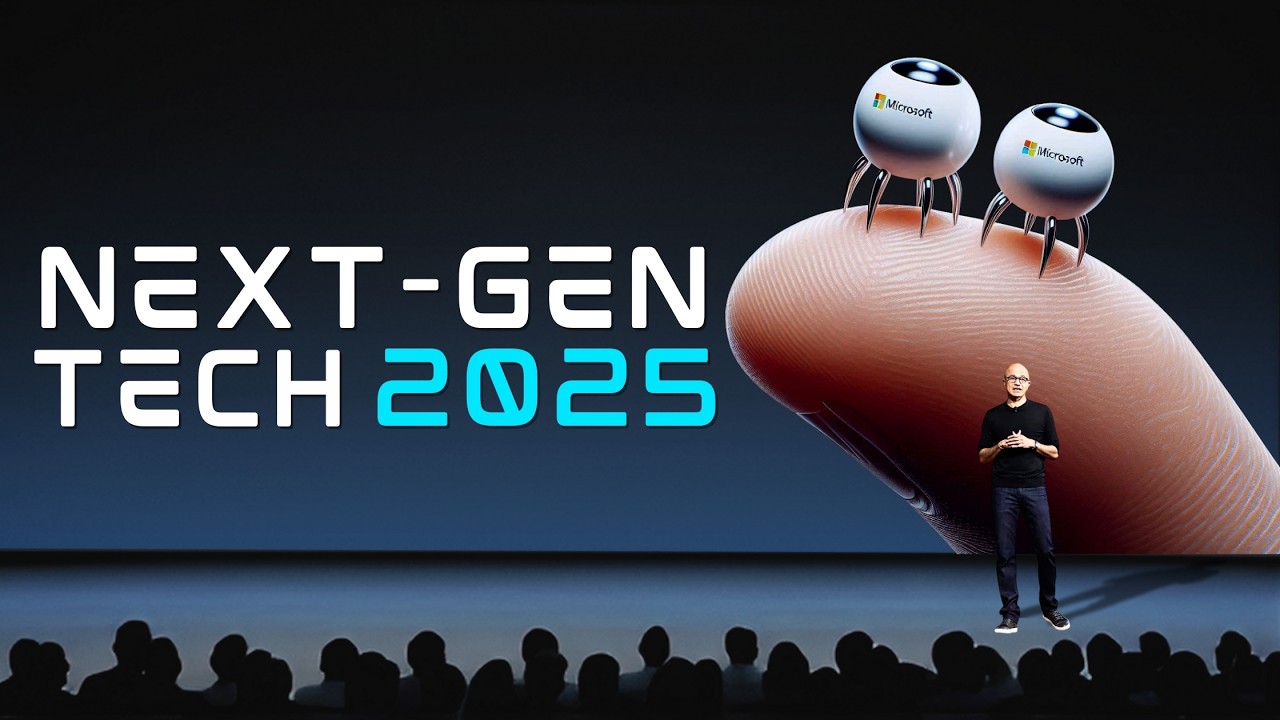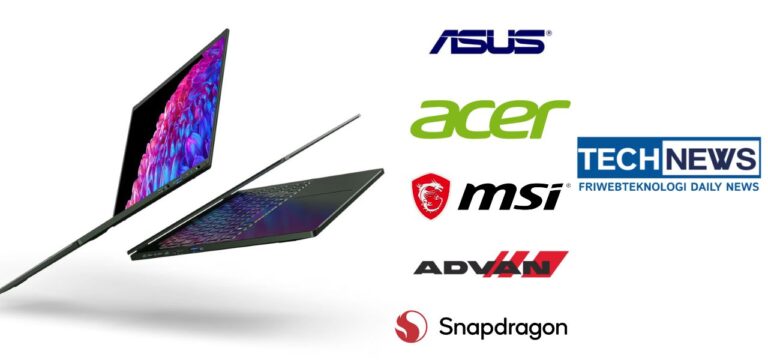
Artificial Intelligence (AI) has become one of the most transformative forces in today’s world. From business operations to daily life, AI technologies are reshaping how people work, communicate, and interact with machines. In 2025, the growth of AI continues to accelerate, creating both opportunities and challenges for society.
What Is Artificial Intelligence?
Artificial Intelligence refers to the ability of machines and software systems to perform tasks that normally require human intelligence. These tasks include problem-solving, decision-making, learning, and understanding natural language. Unlike traditional computer programs, AI systems are designed to improve their performance over time using data and algorithms.
Applications of AI
AI is no longer a futuristic concept—it is already here. Some of the most common applications include:
- Healthcare: AI assists doctors in diagnosing diseases, analyzing medical images, and predicting patient outcomes.
- Business: Companies use AI to automate customer service, improve supply chain management, and optimize marketing campaigns.
- Transportation: Self-driving cars and AI-powered traffic systems are changing how people travel.
- Education: Intelligent tutoring systems provide personalized learning experiences for students.
These applications prove that AI is not limited to one industry but is instead revolutionizing multiple sectors.
Benefits of AI
One of the greatest strengths of Artificial Intelligence is efficiency. Machines can analyze vast amounts of data much faster than humans. This leads to better decision-making, reduced costs, and improved productivity. AI also enhances convenience in daily life, from smart home assistants to personalized shopping recommendations.
Challenges and Concerns
Despite its benefits, AI raises important concerns. Issues of privacy, job displacement, and ethical decision-making are at the center of ongoing debates. There is also the risk of bias in AI algorithms, which can lead to unfair outcomes. Governments and organizations are now working to create regulations and ethical guidelines to ensure AI is developed responsibly.
The Future of Artificial Intelligence
Looking ahead, AI is expected to become even more integrated into society. Emerging fields like generative AI, robotics, and natural language processing will continue to evolve. While challenges remain, the potential of AI to improve lives and drive innovation is undeniable.
Conclusion
Artificial Intelligence is not just a trend; it is a technological revolution. By embracing its possibilities while addressing its risks, AI can serve as a powerful tool to shape a smarter, more efficient, and more connected future.
Read More : iPhone 17: Features, Specs, and What to Expect in 2025



